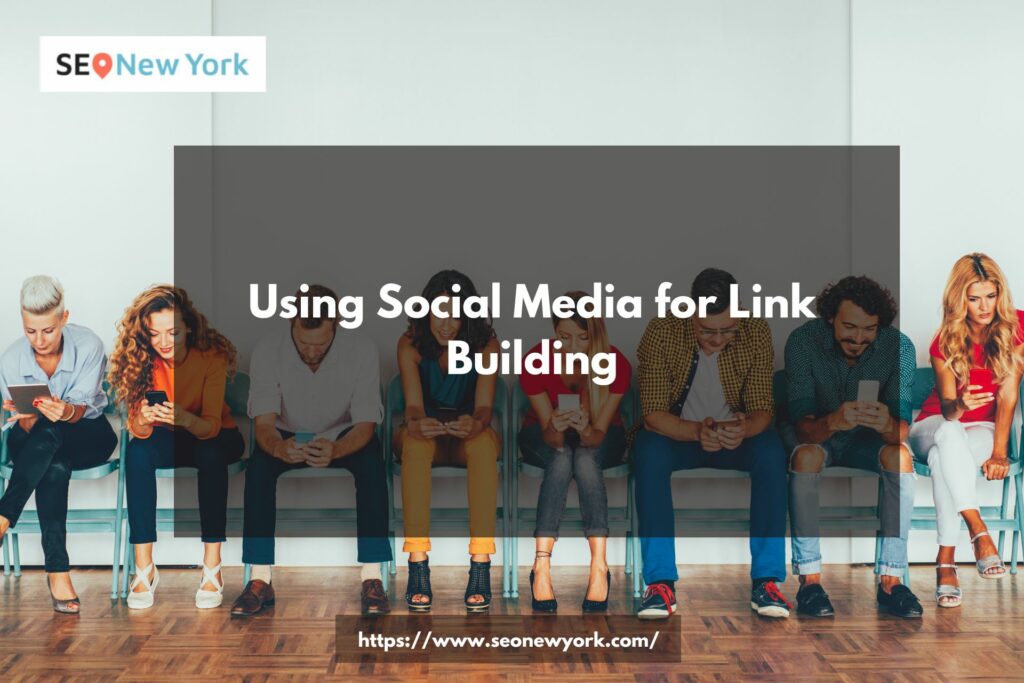Using social media for link building can be an effective strategy to improve your website’s SEO and increase its visibility. However, it’s essential to approach this strategy carefully, as Google and other search engines have guidelines to prevent spammy link-building practices. Here are some tips on how to use social media for link building effectively and ethically:
- Create High-Quality Content: The foundation of successful link building through social media is to have high-quality, valuable content on your website. People are more likely to link to your site if it provides valuable information, solves problems, or entertains them.
- Share Your Content: Share your website’s content on your social media profiles regularly. Share blog posts, articles, videos, infographics, and other relevant content to engage your audience.
- Build Relationships: Engage with your social media followers genuinely. Respond to comments, answer questions, and participate in conversations within your niche. Building relationships with influencers and others in your industry can lead to natural link-building opportunities.
- Guest Posting: Look for opportunities to write guest posts for reputable websites or blogs within your niche. When you contribute valuable content to other websites, you can often include a link back to your site in your author bio or within the content.
- Social Bookmarking: Share your best content on social bookmarking sites like Reddit, Digg, or Mix. Make sure to follow each platform’s rules and guidelines to avoid being labeled as a spammer.
- Shareable Content: Create content that is inherently shareable. Infographics, well-researched articles, listicles, and visually appealing content are more likely to be shared on social media platforms, leading to more backlinks.
- Use Hashtags: Utilize relevant hashtags when sharing your content on platforms like Twitter and Instagram. This can help your content reach a broader audience and increase the chances of it being shared.
- Participate in Communities: Join relevant forums, groups, or communities on platforms like Facebook, LinkedIn, and Reddit. Engage in discussions, share your expertise, and link to your content when it adds value to the conversation.
- Influencer Collaboration: Partner with influencers in your niche to promote your content. Influencers have a significant reach, and they can help amplify your content to a broader audience.
- Monitor Your Links: Keep track of where your links are coming from. Tools like Google Search Console can help you monitor backlinks to your website. Ensure that the links are relevant and not from spammy sources.
- Avoid Spammy Practices: Do not engage in black-hat SEO practices like buying links, using link farms, or spamming social media with excessive self-promotion. These tactics can lead to penalties from search engines.
- Analyze and Adapt: Continuously monitor the effectiveness of your social media link-building efforts. Use analytics tools to track which social platforms are driving the most traffic and conversions to your site, and adjust your strategy accordingly.
Remember that link building through social media is a long-term strategy. It takes time to build relationships, create shareable content, and see the SEO benefits. Be patient, stay consistent, and focus on providing value to your audience.
